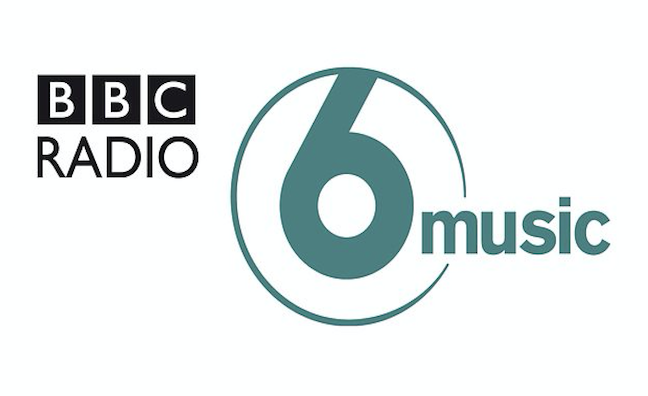Last month, BBC Radio 6 Music descended on Glasgow with busloads of bands – including Depeche Mode, Future Islands, Sleaford Mods and Warpaint – in tow. They were in situ for three days, over which the fourth 6 Music Festival was spread. Music Week was there for the ride (and you can read the report in our current issue, or online here), and we caught up with station bosses and DJs about all things 6 Music.
Then a couple of weeks later, there they were again at the Music Week Awards – hosted by their very own Lauren Laverne – winning Best Radio Station.
Here, we present their answers to the question, What is the biggest challenge facing 6 Music and its team right now? Read on for passion, commitment, emotion and a classic dollop of breakfast show host Shaun Keaveny…
Its importance to people. We don’t have the luxury of it not making a difference to people whether we play their record or not, so when I go through my postbag, which I do every week, and you make that call, it’s really hard. If for whatever reason it’s not right for my show that feeling never stops being awful, when you know someone cares about what they’ve made. But it’s also part of the job.
The other one is artists making the leap, we build a little greenhouse for them and then they go off to pop music big school, I’ve seen that happen so many times. It’s a bit like being a parent watching your kid grow up, that poignant feeling of being pleased but devastated because they don’t need you anymore.
We need to accelerate the work we do with playlists and across the digital domain. We’ve got to be realistic about things like the festival, they take a lot of resource and we can’t overdo it. Our audience is also a great advocate for us, it’s a tremdously social brand, wherever it shows up there’s appreciation for it and that’s really important to us. The more we actually get out the better it will be. The average listening amount is 10 hours a week, that’s a really healthy figure when you’re growing reach. We’ve been growing the number of hours people spend with the brand, the trend in radio is towards erosion of listening hours and 6 Music is defying that.
Stuart Maconie, DJ
The challenge is a generation coming up who don’t access the world in the ways we used to. As a digital station, we’ve led the way on that side of things at 6, so we’re well positioned. That said, people don’t listen to genres anymore, so if you’re not into, say, hip-hop or grime you probably won’t listen to 6 Music and it’s fine to accept that
Jeff Smith, head of music BBC Radio 2, 6 Music
Being out there and drawing attention to the fact we exist. We’ve got to find people and tell them about it, find new audiences that don’t know we’re there. How do we do that? That’s the question. We’ve got to be seen, to get out of London to do these sorts of things. Our core is a lot of musically passionate people and we’re going out to find them.
Mark Radcliffe, DJ
It amazes me how many people don’t know about us, or don’t understand what digital radio is. Telling people what we do is the challenge, I think once you’ve found us you wouldn’t go anywhere else ever, because no one else is doing this. What is the relationship between the radio and a kid now? They’ve no concept of wanting to own an artefact of it. Sometimes you need a voice to say, You might like this. You’re never going to hear these song with the specific chat from whichever DJ it is around them again.
Steve Lamacq, DJ
It reminds me of working at the New Musical Express where we had an editorial meeting every Tuesday and there used to be 10 of us and we all liked different sorts of music and we all thought we were right. The hardest thing is trying to find some consensus of opinion. Brilliantly, sometimes we do… but sometimes we don’t. We still get a diverse array of music out there and, hopefully, some of it’s good and some people like it.
Shaun Keaveny, DJ
The hardest thing? Getting up in the morning!








